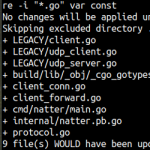
Snippet 0x0F: Recursive search/replace tool “re”
Two and a half years ago, I wrote my first Go program. I wanted to learn another language, and Go looked like a ton of fun: straight forward, easy to learn, and a static binary with no runtime shenanigans. I picked a project and I started hacking. Looking back, the code I wrote is a little cringy, but not terrible. I’d surely do things differently these days, now that I have more Go experience. But we all start somewhere.
However, the tool that I wrote, a recursive search/replace tool which I intelligently dubbed re, is actually incredibly useful: to my own surprise, I use it every day. I haven’t made a single modification to it in all that time (until today for this post). And since I’m in the sharing mood today, I thought I’d share it with the millions of people (cough) that come here every day. Ha!

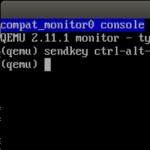

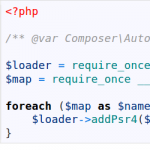
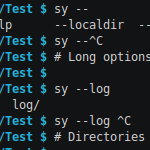
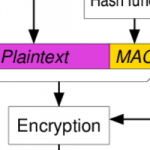
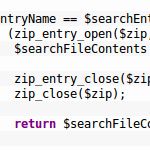
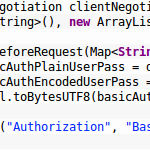


Recent Comments